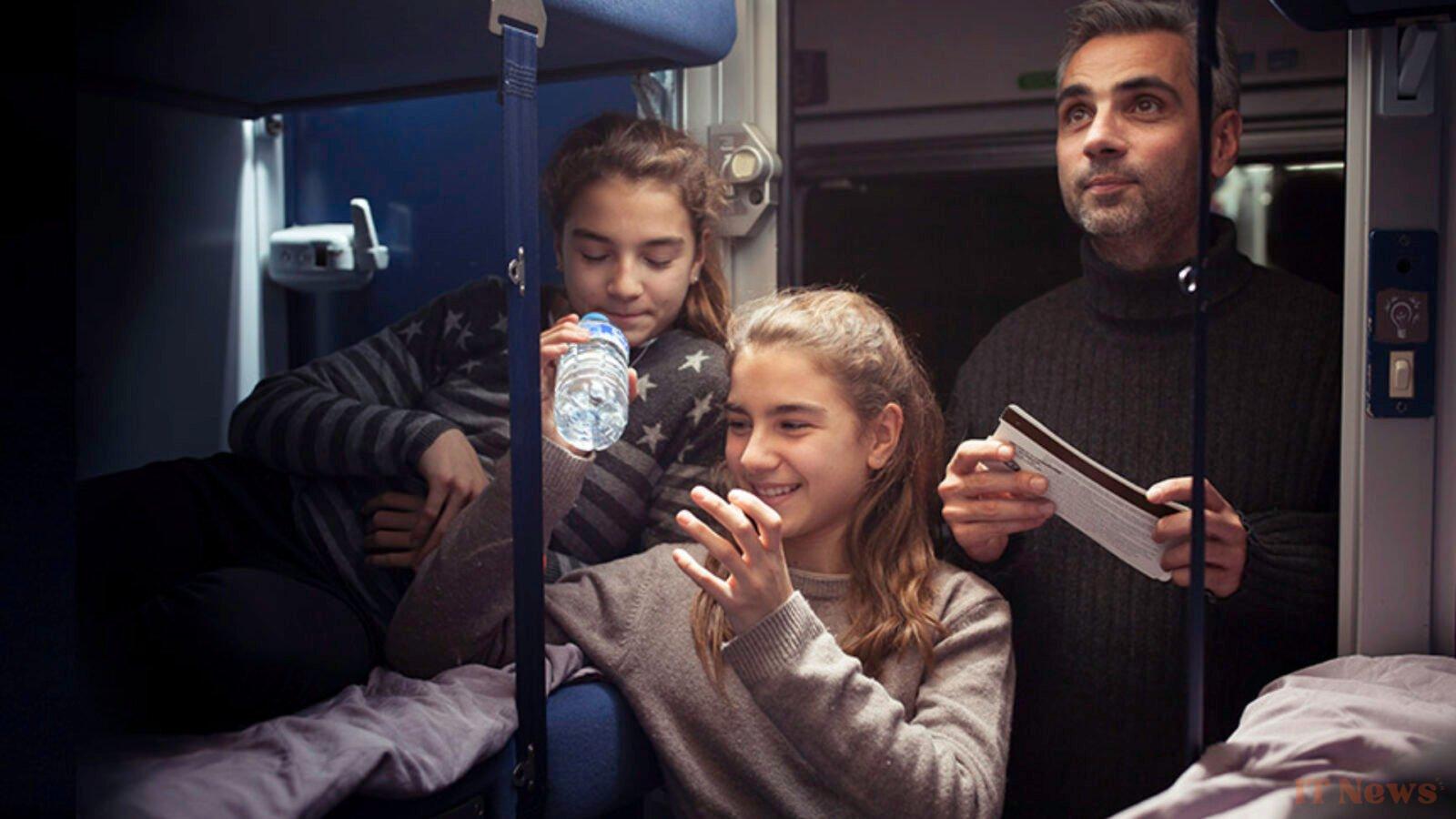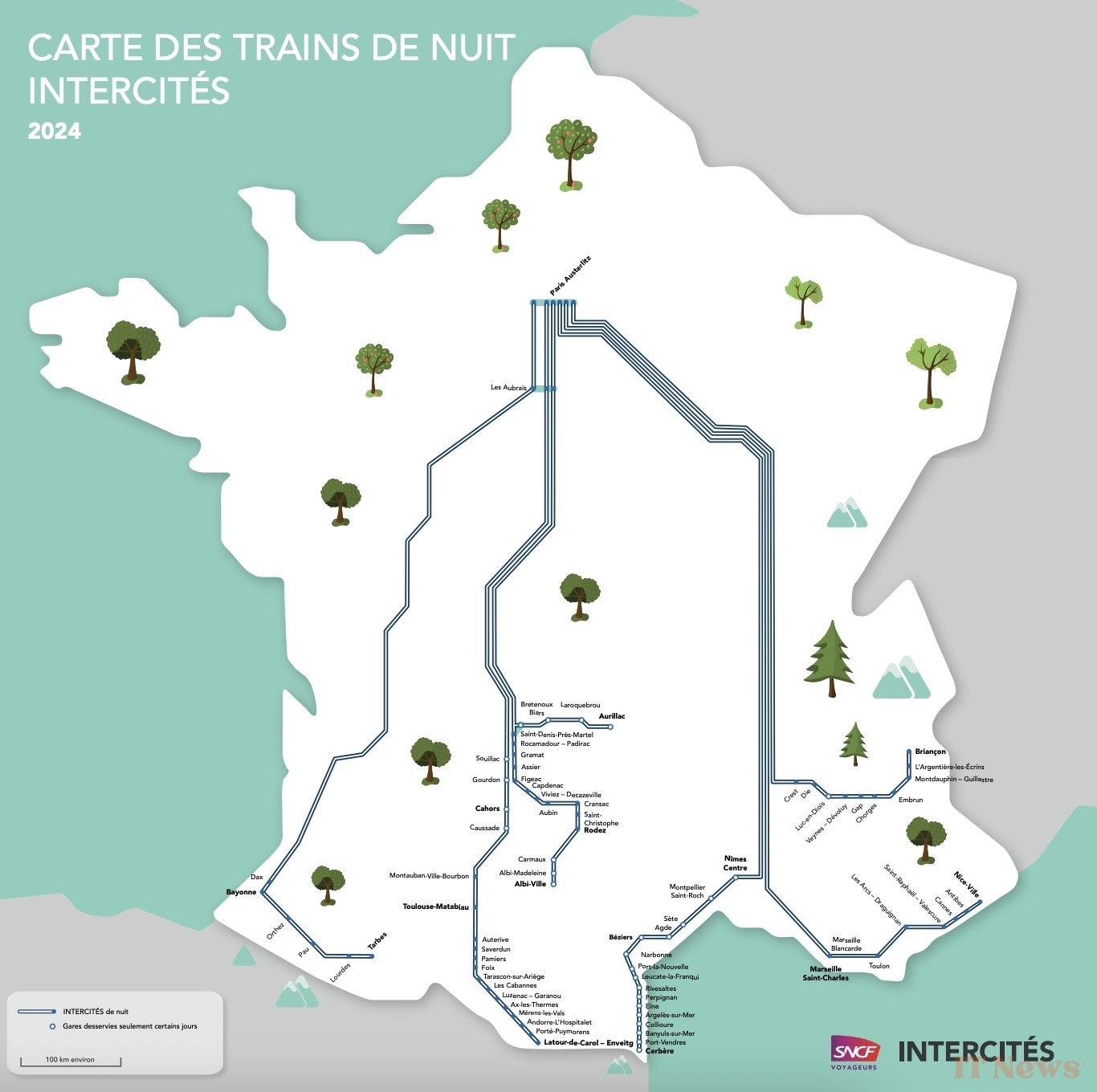The night train has been a resounding success in France since its relaunch. But it could do better, the Climate Action Network federation pointed out in a report published on Tuesday, May 27. While more than a million passengers will have used the rail network in sleeper cars in 2024, the democratization of this travel solution would be limited by the number of trains and cars available, which has resulted in alerting around thirty NGOs involved in the fight against global warming.
According to the federation, this would be a "record attendance curbed due to a lack of trains" and an "incomplete recovery to meet growing demand."
A goal: 600 sleeper cars in France
WWF, Greenpeace and Friends of the Earth are part of the federation, which sought, in its report, to propose several recommendations to encourage more French and foreign nationals transiting through France to adopt this cleaner transport solution than planes or cars. In its dreams, the federation would like to have 600 trains available by 2035, to increase transport capacity to 5.7 million passengers per year. It’s also a way to lower the price of a ticket.
Currently, the SNCF has 127 sleeping cars, on trains that operate connections between Paris and Toulouse, or Paris-Nice. The government's plans are currently focused on an order for 180 new cars by 2030 (minimum). French night trains serve Paris, Tarbes, Bayonne, as well as Nîmes, Béziers, Montpellier, Marseille, Toulon, Cannes, Gap, and Briançon, among its main services. The idea now is to create a wider network, not just centered on Paris, in addition to international lines.
International lines, from Paris to Malmö in Sweden, to Venice, Rome, Milan, and Florence in Italy, or even Zurich in Switzerland and Madrid in Spain, for example, would make it possible to compete with air travel on a larger scale. Currently, night trains already serve Berlin in Germany and Vienna in Austria. But there are no other international line projects, since the most recent (Zurich to Barcelona via Lyon) has been suspended.
Over the past six years, growth remains impressive with the existing fleet. Between 2019 and today, night train ridership in France has increased by 100%. Between 2023 and 2024, the increase has not slowed down, with a 26% increase. More broadly, the rail market is predicted to have a bright future, with 4 to 5% growth per year in Europe. Based on this observation, the German group Fix, which operates Flixbus, has just invested 2.4 billion euros to purchase 65 TGV trains. In France, OuiGo also wants to accelerate, by increasing and renewing its fleet.
Source: Réseau Action Climat




0 Comments